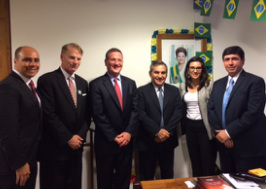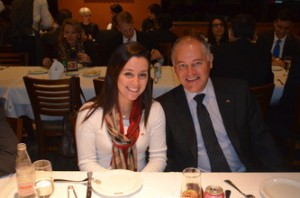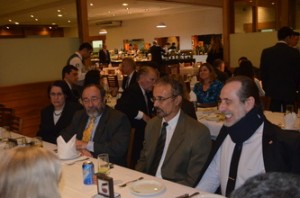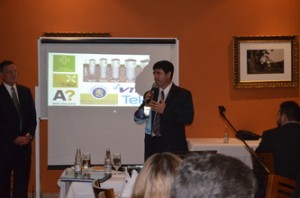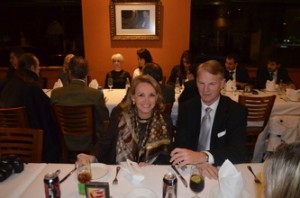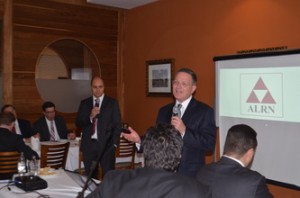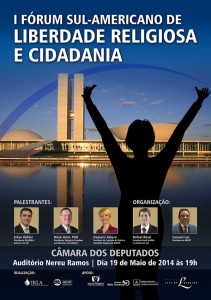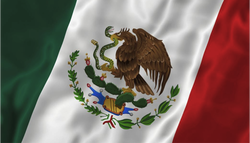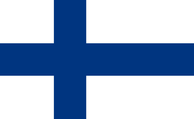
Following his service as Vice-Chair (2012-2014), Chris Seiple has accepted the nomination to serve as Chair of the World Economic Forum’s Global Agenda Council on the Role of Faith (2014-2016). In this capacity Dr. Seiple will build on the work of the Council from the previous term, raising awareness of the unique positive contributions of faith communities. The Council is likely to explore the development of an information program for cross cultural engagement focused on how best to leverage socio-cultural, multi-faith engagement for conflict prevention and conflict transformation.
Washington, DC – (May 16, 2014) We are pleased to announce that Dr. Chris Seiple, President of the Institute for Global Engagement, has accepted the nomination to serve as Chair of the World Economic Forum’s Global Agenda Council on the Role of Faith (2014-2016).
In issuing the invitation, Dr. Klaus Schwab, Founder and Executive Chairman of the World Economic Forum, noted that Seiple was “one of the world’s most relevant and knowledgeable thought leaders in the field of faith and international affairs”, and that his “leadership would be instrumental in helping this Council collaboratively develop pertinent insights and solutions to address this global challenge.”
Through his Chairmanship, Seiple will work with the Council on the Role of Faith to build on the achievements of the previous term and to further raise awareness of the unique positive contributions of faith communities. The Council is likely to explore the development of an informational program regarding how to leverage socio-cultural, multi-faith engagement for conflict prevention and conflict transformation. This program will likely focus on two sets of stakeholders: (1) public sector authorities in countries experiencing internal conflicts and/or restrictions related to religion; and, (2) business professionals, particularly those working in emerging markets and conflict affected regions.
“It is an honor to serve as the Chair for such a Network that understands the importance of track 1.5 diplomacy, and continuously seeks to collaboratively shape thought leadership in all arenas,” Seiple said in accepting the nomination. “I am especially motivated by the unique position this Council has to further awareness of the added value of faith across all vocations and locations.”
The Network of Global Agenda Councils is a global community of over 1,500 thought leaders who are the foremost experts in their fields of academia, business, government, international organizations, and society. Members of the Network, grouped into 80 Global Agenda Councils and six Meta Councils, commit their extensive knowledge, expertise, and passion to jointly shape the global, regional, and industry agendas by challenging conventional thinking, developing new insights, and creating innovative solutions for key global challenges. In today’s global environment marked by short-term orientation and siloed thinking, the Network fosters interdisciplinary and long-range thinking on the prevailing challenges on the global agenda. Established in 2008, the Network of Global Agenda Councils is an invitation-only knowledge network that serves as an international brain trust to the World Economic Forum and the world at large.
Through the leadership of Dr. Seiple, IGE welcomes the opportunity to continue providing strategic insight and recommendations into this vital discussion. The Network not only represents a shared space for those that might not have otherwise met, to meet, but it also provides the opportunity for scholarship on relevant issues for further consideration and study. The development of an information program on how to leverage socio-cultural, multi-faith engagement for conflict prevention and conflict transformation could also enhance the Network’s ability to speak into a common standard of training and education on these issues. The international nature of the Network further nurtures an organic structure for consensus pursuant positive change through the Network’s members, as they return to their contexts. Critical to such a process, of course, is the inclusion of women of faith in leadership, as Dr. Seiple advocated at Davos earlier this year.
“I am grateful for this opportunity, at this time,” Dr. Seiple noted. “In a century defined by a single question—will we be able to live with our deepest differences?—This World Economic Council on the Role of Faith provides a safe space to demonstrate how the best of faith not only defeats the worst of religion, but how faith can contribute positively in all spheres and sectors of both state and society.”

